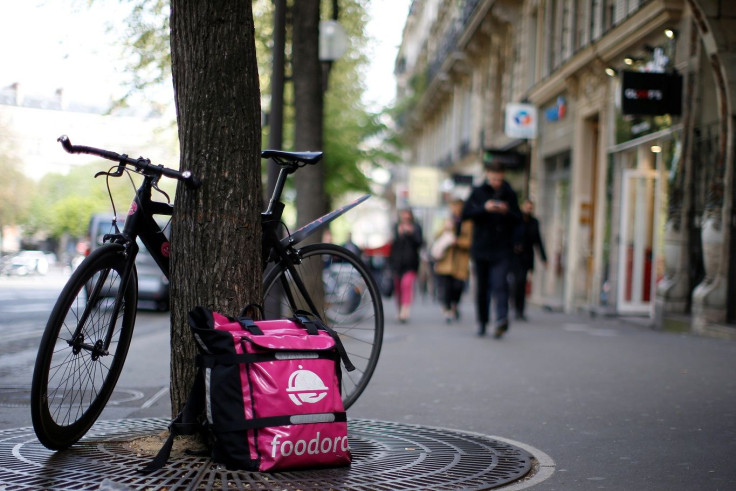Fair Work Ombudsman suing Foodora for sham contracting, underpaying staff

The Fair Work Ombudsman is taking Foodora Australia Pty Ltd to court for allegedly engaging in sham contracting activity that led to the underpayment of workers. The online food delivery company allegedly represented three workers as independent contractors when they were actually employees.
According to the papers filed in Federal Court, Foodora employed three delivery men — two bicycle riders who delivered food and drinks to Melbourne customers and one who delivered by car to Sydney customers — as regular employees but misrepresented them as independent contractors. According to the FWO, the company engaged the three workers in 2015, but during the periods in which they performed work in 2016, it breached sham contracting laws and underpaid them.
The Melbourne delivery bicycle riders were both just 19 years old at that time, while the Sydney delivery driver was an Indian migrant, aged 30 then, who is now an Australian permanent resident. Apparently, Foodora required each of them to have an Australian Business Number (ABN) and sign a contract titled “Independent Contractor Agreement” on the commencement of work.
FWO claimed the workers were “employees” entitled to minimum wage and conditions under the Fair Work Act based on a multi-factor test. They were employees during the relevant period because of a number of reasons, including:
- the level of control, supervision and direction Foodora exercised of their hours, location and manner of work;
- the requirement for them to wear a Foodora-branded t-shirt and use food storage boxes and/or bike racks supplied by the company;
- the company paying them fixed hourly rates and/or amounts per delivery, and the workers did not negotiate their rates at any time;
- and each of the workers was no genuinely conducting their own delivery business.
And because the Ombudsman the delivery men were employees and not contractors, they had been underpaid their minimum lawful wage rates, casual loading and penalty rates for night, weekend and public holiday work. Foodora also allegedly failed to make any superannuation contributions on their behalf. Each of them was said to have suffered a loss of $1,620.74 over a four-week period.
“Relevant to the decision to litigate in this case is the extent to which contracting arrangements are utilised by this significant business,” Fair Work Ombudsman Natalie James said. She said there have been debates on whether someone delivering meals from restaurants for customers are employees or independent contractors, and this is why the FWO is asking the court to decide on the matter.
James also reminded companies, including those operating in the gig economy, that if they were employing staff they deemed as independent contractors, they should treat them as such and make sure that their relationship with the said staff matches the label.
“Courts have found again and again that merely labelling the relationship to be one of independent contracting does not make it so, and it is the substance of the relationship that decides the status of the workers and the regulatory requirements that flow,” she said.
Should Foodora be found guilty of committing several breaches of the Fair Work Act, it would face penalties of up to $54,000 per contravention.
The FWO is also seeking a Court Order for the company to back-pay the said workers in full and make superannuation contributions for them.
A case management hearing has been scheduled for July 10.





















